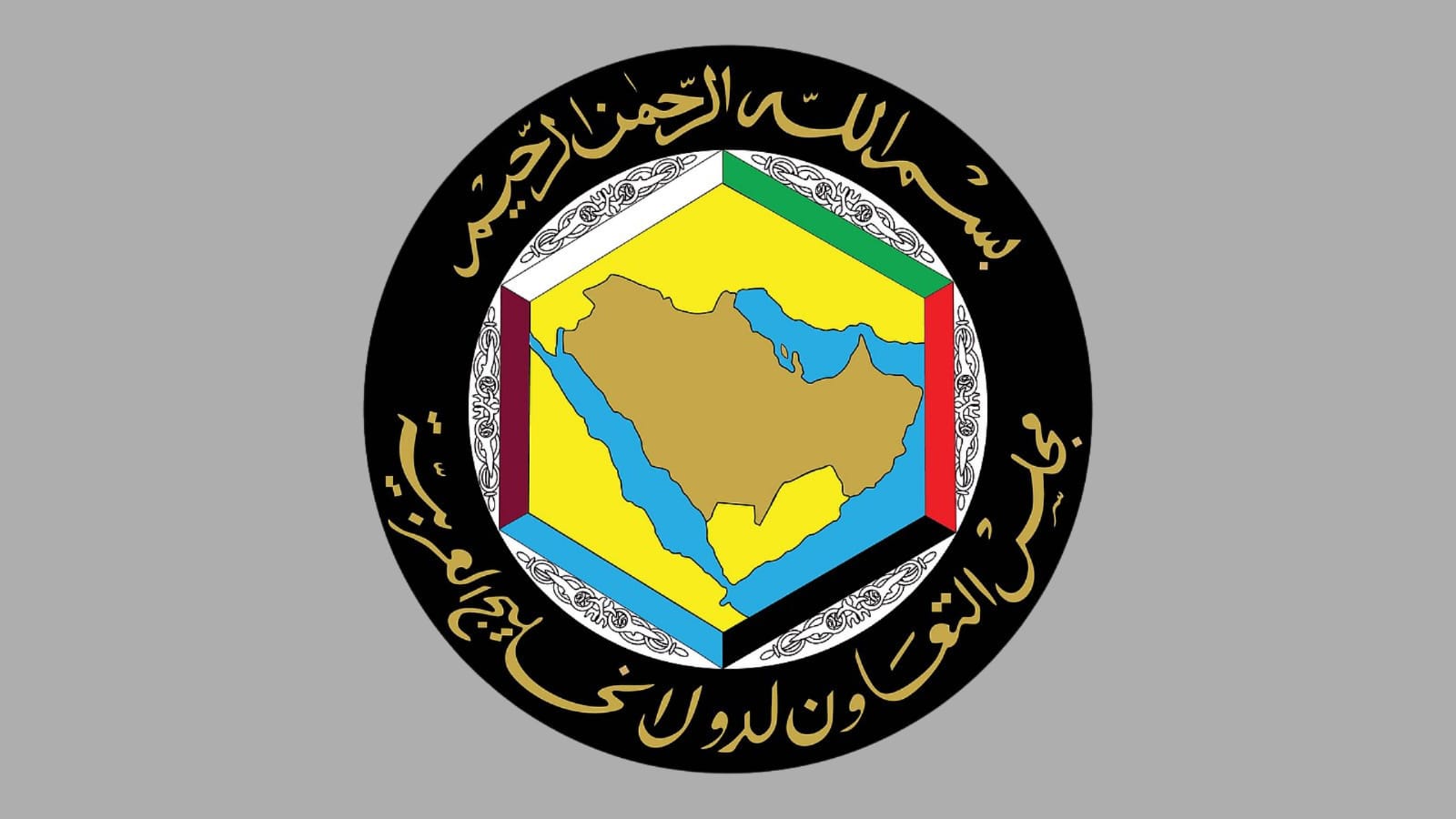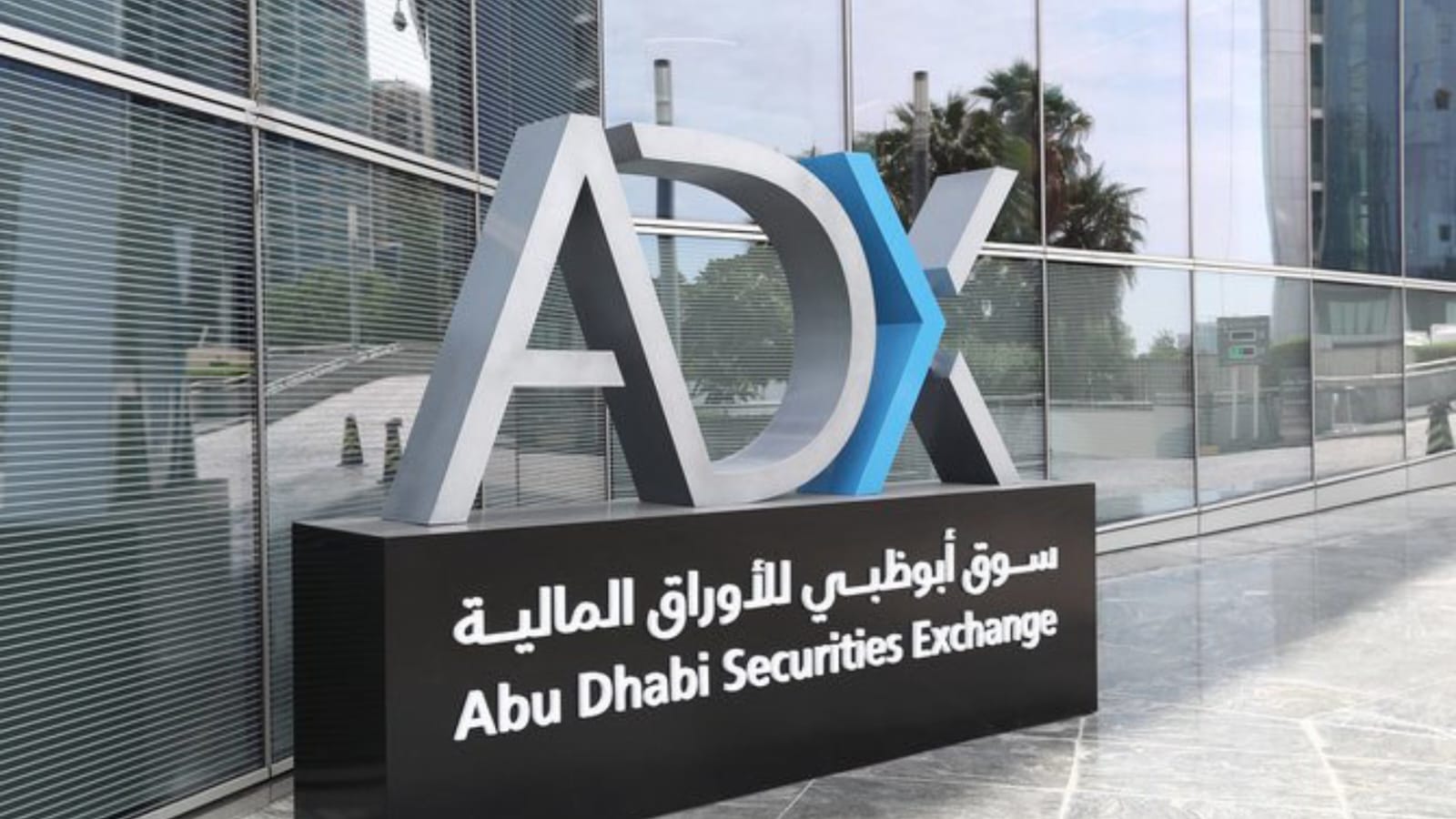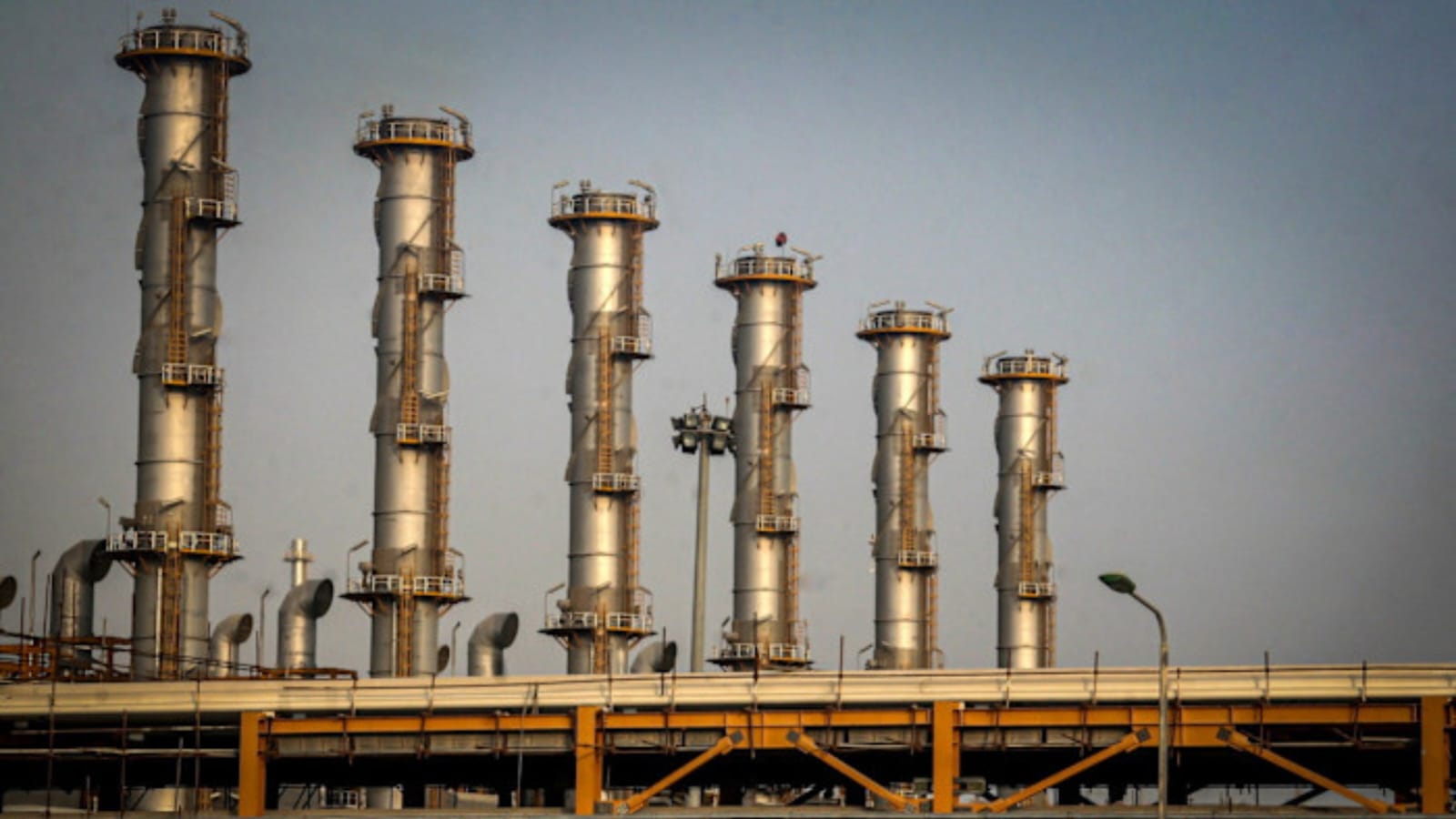AI’s Impact on the Transformation of Arab Media Landscape

The Arab media landscape is undergoing a profound transformation, largely driven by advancements in digital technology. The rapid digital evolution has shifted how information is created, shared, and consumed, reshaping traditional media models. Central to this transformation is the increasing integration of Artificial Intelligence (AI) in media operations. Arab ministers, officials, and media experts recently gathered at the 20th Arab Media Forum in Kuwait to discuss how these changes are reshaping the media industry in the region and what the future holds. The conversation was centered around leveraging AI and digital innovations to create strategies that enhance content delivery while preserving cultural identity.
This article explores key insights shared during the forum, underscoring AI’s pivotal role in shaping the future of media. It also examines how media strategies must evolve to keep pace with these technological shifts and better address the challenges faced by the Arab media sector.
Transformations in Media and the Role of AI
In today’s digital age, the media is no longer a passive experience for audiences. With over 4.7 billion active social media users and nearly 5 billion internet users worldwide, the way people engage with media has fundamentally changed. These shifts have led to an unprecedented transformation in the media landscape. From the rise of social media platforms to the increasing reliance on digital tools for content creation, media consumption patterns have evolved.
Dr. Mohammed Abdullah Al-Ali, CEO of TRENDS Research & Advisory, emphasized during the forum that media today is no longer confined to traditional outlets. In fact, it has become an open, interactive space where everyone, from individuals to corporations and even AI systems, contributes to content creation. Dr. Al-Ali highlighted the essential role AI now plays in media operations. AI technologies assist in analyzing audience behavior, curating personalized content, and combating misinformation, all of which are vital to keeping up with the demands of modern media consumption.
With these technologies evolving rapidly, media outlets must embrace AI not just to enhance user engagement, but to navigate emerging challenges such as fake news and content verification. The discussions at the forum also emphasized the need for media policies that reflect these technological changes while protecting the cultural and ethical standards that are unique to the Arab world.
The Importance of Adapting to the Digital Revolution
Dr. Ramzan Al-Noaimi, Bahrain’s Minister of Information, reinforced the importance of adopting digital strategies that embrace AI and other technologies while also preserving national values. The digital revolution has reshaped traditional media outlets, and to remain relevant, media must innovate, adapt, and ensure that local culture is not lost amidst global content flows.
In his remarks, Dr. Al-Noaimi called for the creation of new strategies that promote creativity and support the development of digital media content tailored to the Arab region. The shift from traditional forms of media to digital platforms has created new avenues for creativity, making it essential for media institutions to adopt modern tools and methods for content production.
AI allows for the analysis of vast amounts of data and audience preferences, enabling media outlets to produce more targeted content. This digital shift, while empowering the audience, also challenges traditional media’s ability to retain control over content distribution. Hence, the importance of AI in managing these changes has become even more pronounced.
Creating a Unified Vision for Arab Media in the Digital Age
One of the key takeaways from the forum was the need for a unified approach to Arab media. Paul Morcos, Lebanon’s Minister of Information, discussed the urgent need for a collective vision to address the challenges posed by rapid technological advancements. He emphasized that Arab media institutions must not merely react to changes but proactively seek to shape the future media landscape.
Morcos proposed establishing an Arab fund to support digital media, creating a regional training center for digital media skills, and developing an Arab observatory for digital media ethics. These initiatives, he argued, would help foster innovation and ensure that Arab media organizations maintain ethical standards while integrating AI and other digital tools.
The idea of a unified Arab vision for media reform is vital, as it would ensure that Arab nations can collectively navigate the digital transformation. Establishing such a framework will allow for more coordinated efforts in creating content that resonates with local audiences, while competing effectively with foreign media giants.
Supporting Innovation and Creativity in Arab Media Content
As the media industry becomes more digitally driven, fostering creativity and innovation is crucial, especially when it comes to engaging the youth. The Arab world has a young, tech-savvy population, and media content must be created with this demographic in mind. In his comments, Dr. Al-Noaimi emphasized the need for digital media strategies that prioritize creativity and address the interests of younger audiences, ensuring the content remains relevant and engaging.
The advent of AI tools has given media outlets new ways to engage their audiences. Personalized content recommendations, interactive formats, and real-time feedback loops are all possible with the help of AI. These innovations offer exciting opportunities for media organizations to connect with viewers, but they also present challenges in terms of ensuring that content remains responsible and aligned with cultural values.
Creating content that reflects local cultural norms while embracing technological advancements is an ongoing challenge. Nonetheless, AI technologies can help identify trends and preferences that can guide content creators in producing material that resonates with the regional audience.

Preparing a New Generation of Digital Journalists
The digital age has created a pressing need for a new breed of journalists. Traditional journalistic skills are no longer sufficient to navigate the complexities of the digital landscape. Journalists today need to be equipped with technical expertise, data analysis skills, and fact-checking abilities to maintain the integrity of news production.
During the forum, participants emphasized the importance of preparing the next generation of journalists for the digital era. New training programs and educational initiatives are essential to equip journalists with the skills necessary to thrive in a media landscape dominated by AI and digital platforms. These programs should focus not only on the technical aspects of journalism but also on maintaining ethical standards in content creation, including the responsibility to verify information and combat misinformation.
By investing in such training, media institutions can ensure that their journalists are prepared to meet the demands of the digital age, producing content that is accurate, engaging, and aligned with the public’s expectations of high-quality journalism.
Combatting Disinformation and Promoting Media Literacy
The rise of AI and digital platforms has also led to an increase in the spread of misinformation. As digital media continues to dominate, misinformation has become one of the most significant challenges facing the global media landscape. The forum’s discussions highlighted the importance of regional initiatives to combat fake news and improve media literacy.
AI tools can help identify disinformation and detect fake news. However, technology alone cannot solve this problem. It is equally important to educate audiences about how to critically evaluate the information they encounter online. The session participants agreed that governments, media institutions, and civil society organizations must collaborate to create initiatives that promote media literacy and provide the public with the tools to navigate the digital space responsibly.
These initiatives could include educational programs aimed at enhancing digital literacy, as well as tools that help people identify credible sources and reliable information online. By fostering a more informed public, the media can ensure that its role as a trusted source of information is preserved in an era of digital media saturation.
Strengthening Media Partnerships and Collaboration
As digital transformation continues to disrupt traditional media, the need for collaboration has become more important than ever. Strengthening partnerships between media organizations, governments, and international bodies can help produce reliable content and support the development of digital media strategies that benefit the entire region.
By fostering collaboration, Arab countries can create a media environment that is not only competitive but also ethical and responsible. This includes forming alliances to share knowledge, develop best practices, and invest in new technologies that can enhance content production and distribution.
Navigating the Future of Arab Media in a Digital World
The transformation of the Arab media landscape is a complex process, but it offers tremendous opportunities for innovation and growth. The discussions at the 20th Arab Media Forum underscored the vital role AI plays in shaping this transformation, providing tools for content creation, audience engagement, and tackling misinformation.
By embracing digital technologies while preserving cultural identity, Arab nations can navigate this digital age with confidence. The future of media in the region will depend on the ability of media institutions to adopt new technologies, educate the next generation of journalists, and collaborate across borders to create content that resonates with local and global audiences alike.







